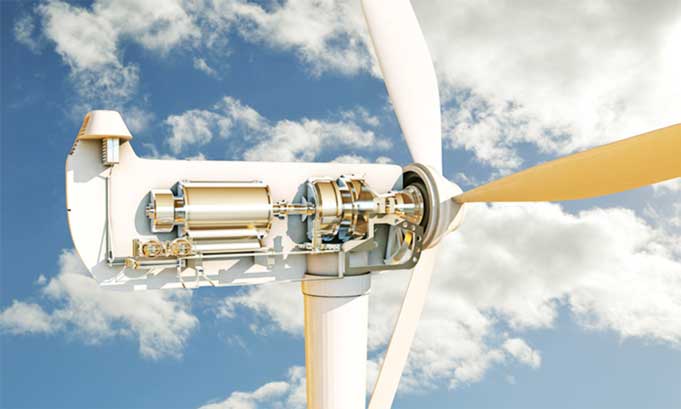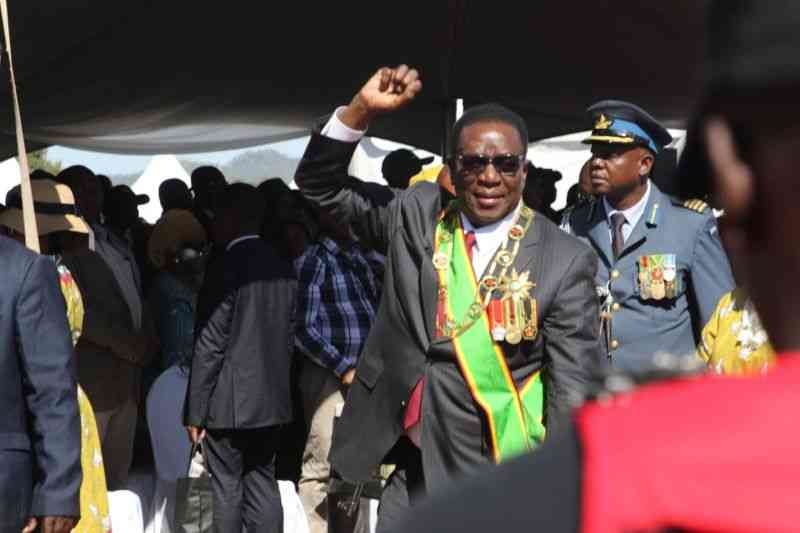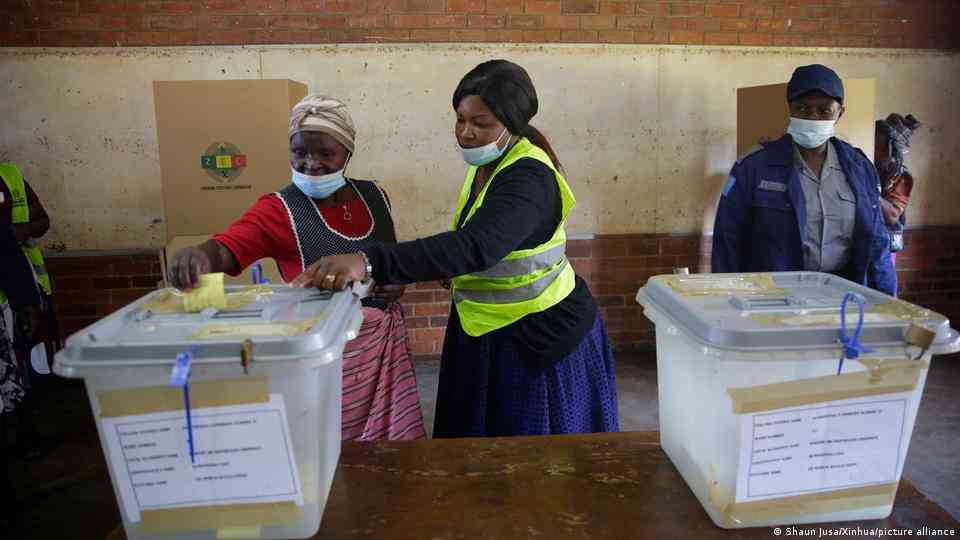
BY MELODY CHIKONO WIND energy remains largely untapped in Zimbabwe despite the country having significant potential for utility scale wind energy projects.
There has been a global call to move from fossil fuels, which has been gathering momentum since climate change became a major concern across the world.
Zimbabwe, which is among the first countries in Africa to promote wind use through turbine water pumping systems, has an average wind speed estimated to be 3,5 m/s.
However, a large proportion of the country’s power is generated from thermal stations such as hydro, and solar.
Government last year indicated that it was mobilising additional funds to undertake an assessment on possible sites for wind farms after initial bids for the project markedly exceeded the budget earmarked for the project.
The intention is to generate 100 megawatts (MW) from wind by 2025.
The government has indicated that it is in the process of making funds available to carry out a viable feasibility study.
In 2017, Zimbabwe Energy Regulatory Authority (Zera) invited bids from interested contractors to carry out a feasibility study on potential sites where wind power stations could be established.
- Chamisa under fire over US$120K donation
- Mavhunga puts DeMbare into Chibuku quarterfinals
- Pension funds bet on Cabora Bassa oilfields
- Councils defy govt fire tender directive
Keep Reading
All these efforts are yet to bear tangible fruits.
Previous studies into the subject show that there was a mounting body of evidence detailing the damage to the environment caused by fossil fuels, compelling the country to take practical steps to harness renewable energy such as solar energy and wind power.
But the fact that bankable feasibility studies for wind energy are capital intensive and time consuming have been some of the major drawbacks.
Zera, recently told Weekly Digest that issues such as land use where some sites fall under mining claims and agricultural land as well as site accessibility challenges also played a major role.
Zera chief executive, Eddington Mazambani said most wind sites were not easily accessible due to poor roads or lack of roads.
“Wind energy technology potential is more site specific and most sites are in remote areas that are far away from the grid and the roads,” Mazambani said.
“Wind has a tendency of blowing most during the night when the demand for electricity may be low. Zimbabwe has a significant potential for scale wind energy projects. The wind potential for the country is estimated to be 39,3GW at wind power density of 200W/m2 according to a resource assessment carried out by international renewable energy agency (RENA).”
Mazambani said bankable and proper feasibility studies needed to be carried out before one could develop a wind energy project.
“The feasibility studies or ground measurements may take 12-24 months. A Zera generation licence is required for all utility scale wind energy projects that feed into the grid,” he said.
Last year more than 40 countries pledged to phase out the use of coal-fired power, the dirtiest fuel source during a COP26 climate summit.
Major coal-using countries, including Canada, Poland, South Korea, Ukraine, Indonesia and Vietnam, will phase out the use of coal for electricity generation, with the bigger economies doing so in the 2030s, and smaller economies doing so in the 2040s.
However, Zimbabwe is still taking more investment into the coal space with recent Chinese investment in Hwange being one of them.
Last week, secretary for Economic Growth, Energy, and the Environment, Jose Fernandez said Zimbabwe should also turn to wind and solar energy although he admitted that it was not an overnight event.
Fernandez, who was presiding over a US Department of State’s Africa Regional Media Hub on the sidelines of the Mining Indaba in South Africa, was responding to a question on how feasible the ban on coal use was for countries like Zimbabwe, which has large coal deposits.
“Look, a number of African nations are dependent on fossil fuels, and that includes coal. With South Africa we are talking about promoting renewable, additional investment in renewables,” Fernandez said.
“We think in the future, we need more investment in renewable energy, be it wind, solar or hydro. The power from renewables is becoming more and more affordable around the world.
“We realise, though, that this will not be an overnight effort, we need to work with countries both in Africa and elsewhere to wean their dependence on coal and fossil fuels generally. But we realise that this will not be done overnight. And so, my message is let us — the US will help you in that transition. We are now working with a number of countries on the continent, here in South Africa but also with Senegal, with Angola, and with others, to help them as they try to use their solar resources and use their wind resources, which are plentiful. There is plenty of that, and I think Africa can be a leader in the renewable energy revolution.”
- This story was taken from the Weekly Digest, an Alpha Media Holdings publication










